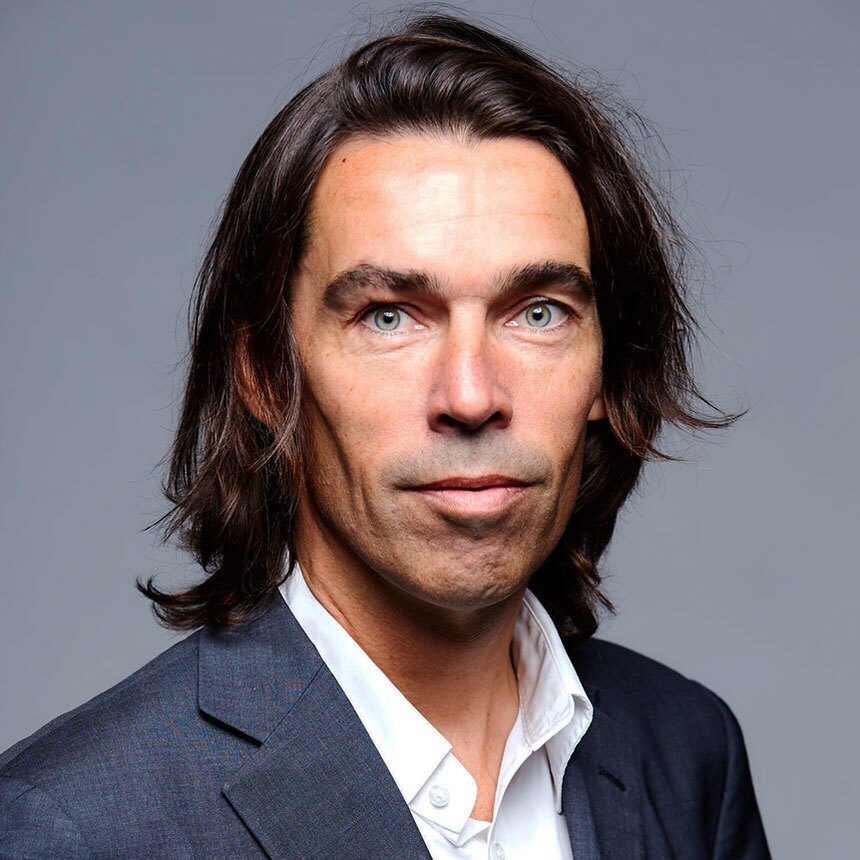For hotel investment and development to truly flourish throughout Africa, the financing conditions and interest rate environment are in need of some changes.
Hospitality experts based in or familiar with Africa discussed the hotel lending environment on the continent during a recent HVS webinar ahead of Africa Hospitality Investment Forum scheduled next week in Namibia.
To start, African banks need to provide longer tenures on hotel loans in the next step to gaining maturity as a market, and a cooling of the interest-rate environment would also help to ease the nerves of investors, panelists said.
Of course, there are several countries in Africa that have reached a stage in which investors, developers and bankers are less worrisome, such as Egypt, South Africa and others. Khalil Chyat, founder and CEO of Dubai-based Capital of Africa Group, said the hospitality asset class is growing in Africa in some more sophisticated markets.
“They do have a local banking system that is equal and liquid in local currency, which helps supply funding. Smaller markets, however, require sophisticated developers,” he said, adding that there is more of an onus on getting hotels exit-ready.
“There is a need to work on how to mitigate risk across the board, and we cry out for research and data on this. We must have the capacity to absorb costs,” he added.
Banks are still interested in helping the right hotel development deals and financing pencil, despite the high-interest-rate landscape. Chyat said there is more collaboration between banks and international hotel brands, but that it was “with some local sponsors, it is a curve we are crossing. Everyone needs to get to work early on all of this to ease the story.”
In West Africa, for example, it is difficult to get longer tenures on developments beyond a seven-year period from regional banks, he said.
Amr Elhamy, CEO of the Sovereign Fund of Egypt's tourism, real estate and antiquities sub-fund, said he has not seen a currency gap between revenue and debt service in Egypt, which in March devalued its currency by approximately 40% and raised interest rates to an all-time high of 27.25%. He added there's more than $2 billion of hotel investment throughout Egypt.
Currency remains a huge issue as developments are secured in international currencies, but that hotel revenue mostly comes in local currency.
“Return on equity is required to be plus-20%, which offsets the economic challenges. I think that applies more or less across the continent,” Elhamy added.
Underwriting hotel deals is even more critical in Africa, said Rishabh Thapar, director for the Middle East and Africa at HVS.
In Europe, banks on average offer interest rates of between 6% and 7% on loan-to-value ratios of 50% to 60%. Meanwhile, in Africa, interest rates on average are offered between 7% and 12% on loan-to-value ratios of between 40% and 60%. Even in Egypt, owners and developers face interest rates of more than 15% on loan-to-value ratios of approximately 75%, he said.
At the city level, interest rates are still elevated, he said. In Cape Town, South Africa, one of Africa’s most mature markets, banks on average offer interest rates of between 9% and 10% on loan-to-value ratios of 60%.
Marc Wachsberger, CEO of South Africa-based The Capital Hotels & Apartments, said his firm has negotiated the economic landscape well. He added his company is a “bit of a disruptor in South Africa” and despite elevated interest rates, markets such as Cape Town are still booming.
He said he brings another performance metric to the mix: ROH, which he defined as “return on hassle.”
He highlighted one of The Capital Hotels & Apartments' recent projects — the Fairmont Zimbali Resort near Durban — which he said was bought out of a distressed situation.
“We have done some [refurbishments], but the return on hassle ... should not be taken lightly. We had bank support on the buy, but we took the hit on refurb. The return on equity has not been as wonderful as others we have bought,” he said. “Half of our 12 hotels we have bought, the other half is brownfield,” he said. “It is a good time to buy sites. It is time to build modern stuff.”
In South Africa, at least, supply logistics are not a problem, although Wachsberger said his company has experimented with Asian supplies and suppliers.
“It only needs one blip to stop the hotel opening and missing some opportunity revenue,” he said.
Africa has several countries which have more than 10,000 hotel rooms, including Egypt, South Africa and Morocco, Thapar said. Hotel development pipelines are also growing rapidly in Mauritius, Kenya, Ghana and Seychelles.
Elhamy's fund is especially interested in renovating vacant and undercapitalized legacy buildings, and seven are in redevelopment projects, he added.
“An Autograph Collection is coming to Cairo in a 70-year-old building,” he said.


